Belén del Tovar: "As videogames start to be developed by women, they will change radically”
We interview Ana Belén del Tovar García, ICT educator, and member of FemDevs and Girls Make Games.
Are videogames still seen as a boys’ thing?
Unfortunately, for a majority of people, they are still seen as a boys’ thing. The videogame industry for many years has thought its main target to be young white men and this social group easily identifies that videogames are theirs. A woman who founded a videogame studio recently said on Twitter that a man tried explaining to her that it was a bad business decision to have a girl as the main character in her videogame. Thankfully, with the centennial generation things are changing.
How did you get involved with Femdevs and what do you do?
It was at the second edition of IndieDev Day, an effort seeking to reclaim the effort put into developing independent videogames, where FemDevs had a stand. There I learnt of the initiative and I was invited to join. The aim is to promote gender equality in the industry, giving visibility to women and non-binary videogame developers and creating a network to share resources and help each other.
The association has changed a lot in the last year because of the pandemic, as one of our main activities were in-person meetups and formal and informal meetings where we shared knowledge and good moments. Now these events are held online. We also organise exhibitions, round tables, workshops and conferences, besides increasing our visibility on social media.
And what about Girls Make Games?
Girls Make Games comes from California where Laila Shabir and Ish Syed discovered the potential of creating videogames to draw the attention of girls in the STEAM sectors, and through FemDevs this was brought to Spain. It is mainly about offering free workshops for girls to develop videogames as tool for empowerment.
What can we do for gender equality and to tackle the gendered digital gap in a masculine sector?
Continue providing references. The series “Gambito de dama” has made many girls and women to imagine themselves as chess players. This is a clear symbol of what a reference can do. Also, I think the best thing we can do is to help each other, to continue creating a network of women and people who are committed with equality and to continue progressing.
How can women change the videogame industry?
Being a woman involves a very different socialization and life experience than for men. So, as videogames start to be conceived, designed and developed by women, they will change radically. At the same time, when we open the door to Roma people, blacks, neurodivergents, people with physical disabilities, trans and all kinds of sexual orientation and diversity in general to make video games on a massive scale, we will find many more games interesting and enriching.
Screens come with consequences with regards to our relational development and can put our privacy at risk. Are women equally exposed as men are?
Usually, women are educated to always be pretty and perfect. Applied to a screen, a social network and the search for external validation through likes we are much more exposed because we transfer all this idea that we must be perfect women on screen. When we don’t act like pretty and complacent women, when we protest or use screens for other purposes we are faced by strong criticism or we are directly harassed.
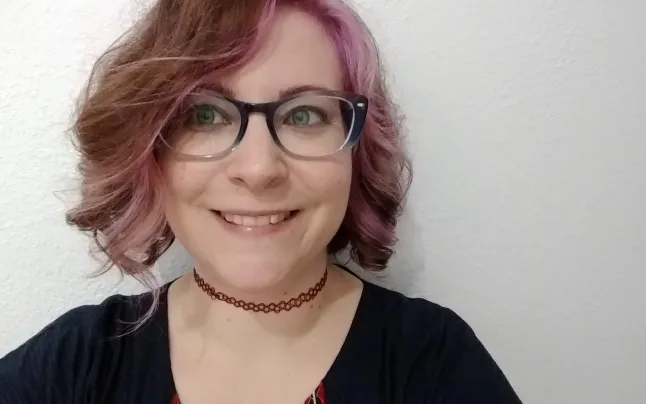


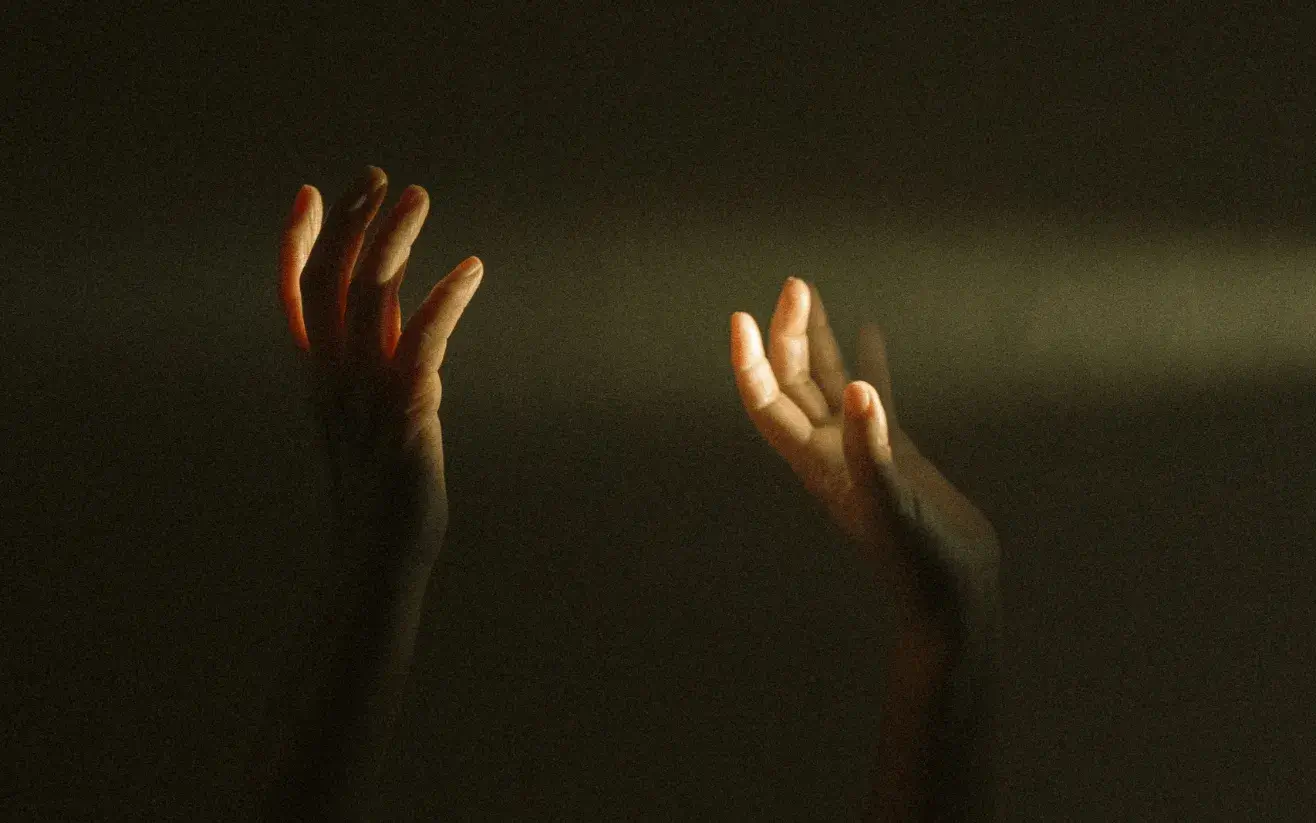
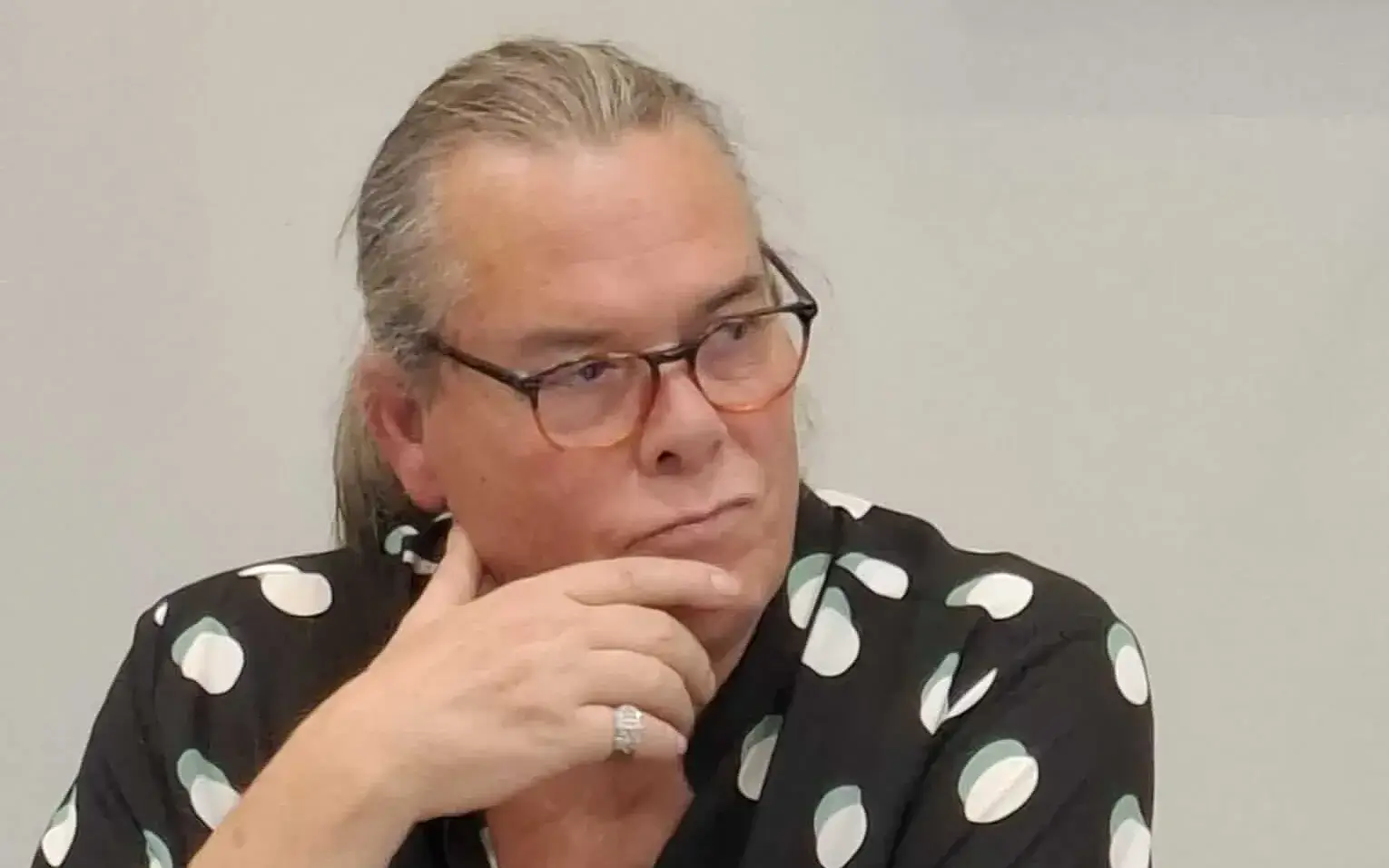
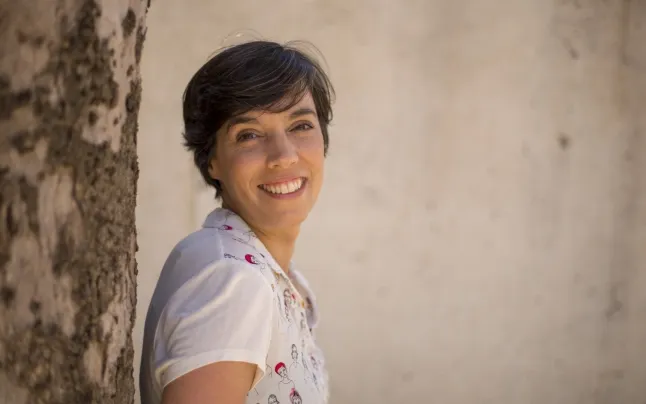
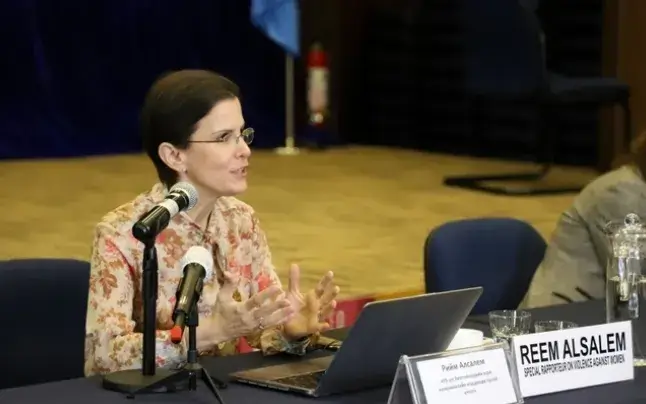
Add new comment